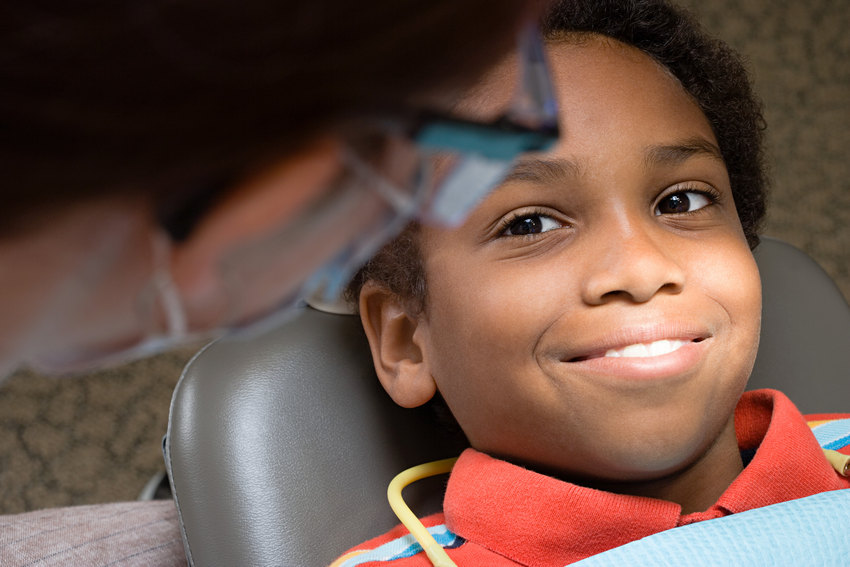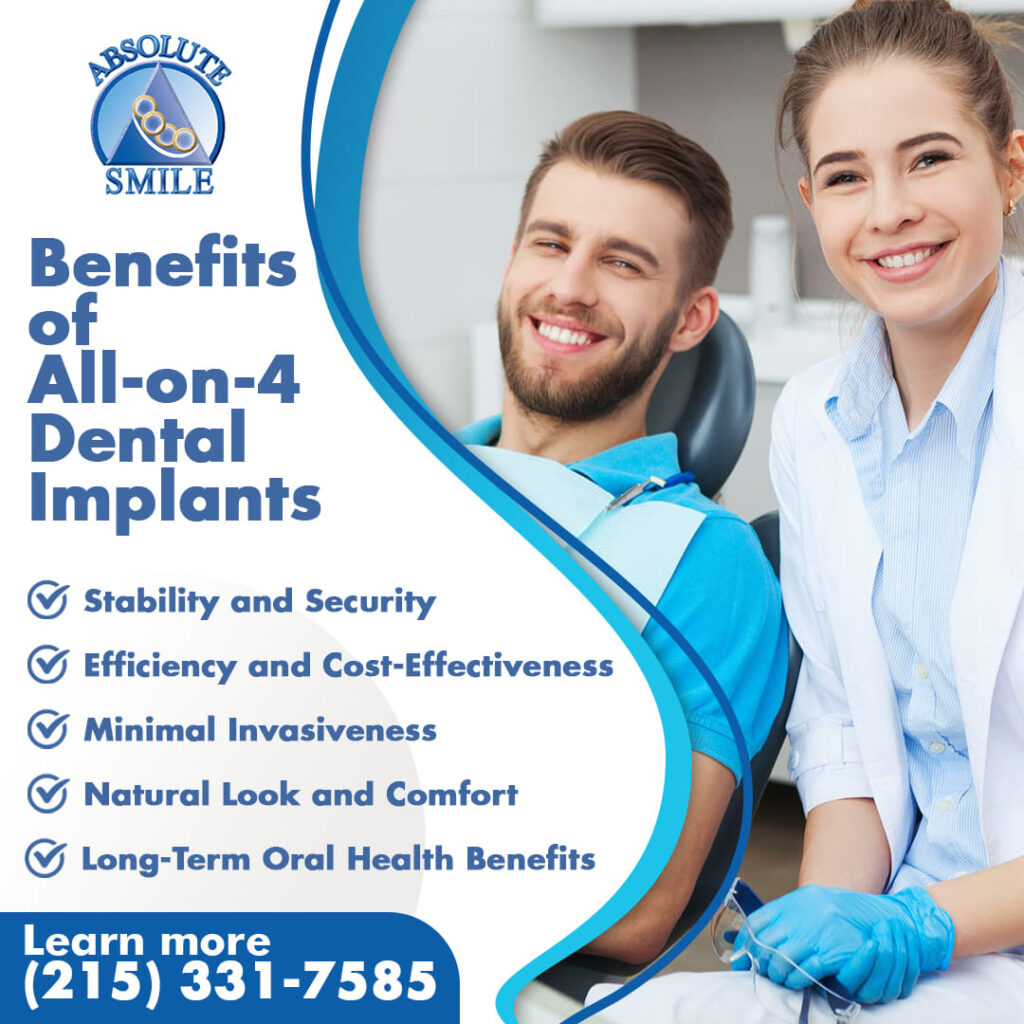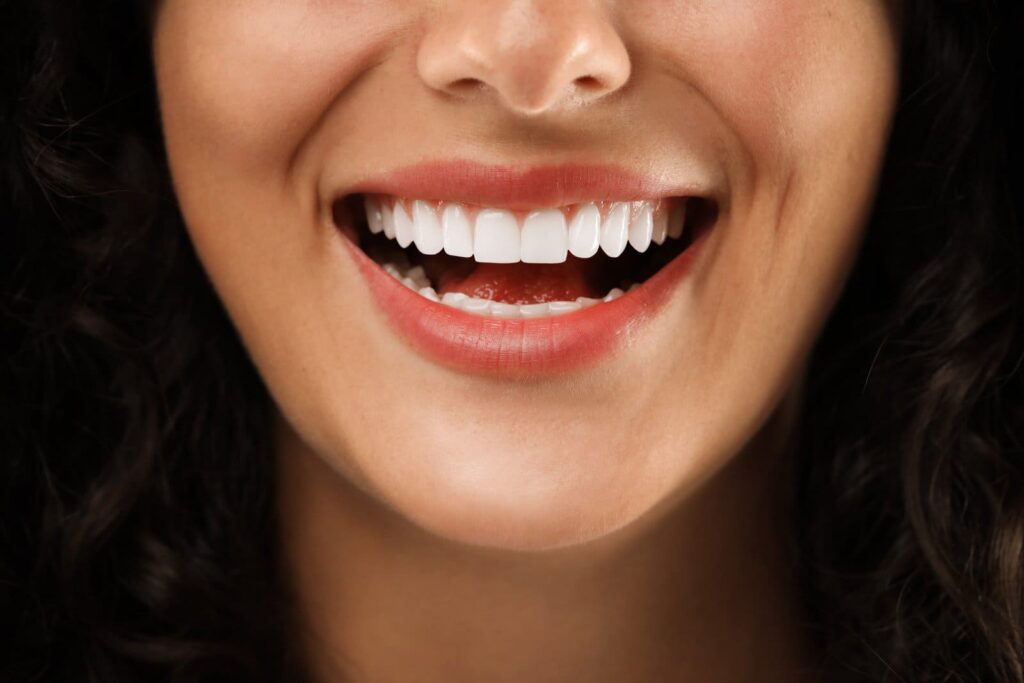
At Absolute Smile, we love working with children to keep their teeth and gums in good shape, as well as teaching them healthy habits. However, creating a lifetime of healthy habits starts with you. Not only are children more impressionable than adults, but they have unique oral health issues that you need to be aware of.
Depending on your child’s age, their needs may differ. Here at Absolute Smile, we’ve compiled a checklist you can follow to ensure your child’s teeth and gums stay in tip-top shape.
Infants
Infants don’t have teeth for a while, but that doesn’t mean you don’t need to pay attention to their oral health.
Before their first teeth grow in, you’ll want to regularly wash your child’s gums with a warm washcloth or gauze. Just like you brush after eating, you’ll want to clean your baby’s gums after feeding them.
Once the teeth grow in, don’t use fluoridated toothpaste until they’re about 2. Avoid feeding the baby sweets to maintain their oral health.
You’ll want to schedule their first dentist appointment for 6 months out at the latest. Teeth or no teeth, Absolute Smile can check up on your baby’s progress and review important oral health needs as they grow into a toddler.
Toddlers
Toddlers are ready to learn healthy oral habits. The best way to do so is to lead by example.
Set a time each day that you’ll brush with them and stick to it so your toddler forms a habit. Brush with your toddler regularly and show them how to use their own toothbrush. Make sure the toothbrush is soft bristled, as their mouth is still sensitive to rougher bristles.
As for the brushing, start on the inside first, then move to the outside. Keep the brush angled at the gumline to grab stubborn food particles and plaque that get trapped in there. Only brush the “chewing” part of their teeth after getting the other surfaces.
You can start using a little bit of fluoridated toothpaste at this point but be careful about your child not swallowing any of it.
Start them on flossing as well. This habit’s a little harder to establish as flossing can seem more tedious and painful than brushing, so use child-friendly floss and reward your child for engaging in healthy habits.
Continue to schedule dentist appointments every 6 months. Absolute Smile can catch issues like cavities and fix them before the damage is too great or even irreversible.

Children
Children are ready for a little more independence.
Once they’ve learned healthy habits, let them do it on their own, but monitor them. Make sure they at least brush in the morning and before bed. Scheduling their teeth-brushing with other events like breakfast or bedtime causes children to associate taking care of their teeth with those events. This does a lot of the work for you.
Replace their brush every 3 months and keep it soft-bristled. However, take them to the store and let them pick out their favorite brush.
As your child starts to attend school, it’s easy for them to gorge on sugary snacks. Sugar consumption can cause gum disease and accelerate tooth decay, so instill healthy eating habits and pack them healthy lunches.
If they participate in sports, look into getting them a mouth guard. The last thing you want is your child losing a bunch of teeth while out playing.
As always, keep bringing your child to the dentist every 6 months. In addition, start bringing your child to an orthodontist no later than age 7 to check up on their jaw development and assess any needs for correctional devices like braces.
Teens
The habits your child learned while young should carry into their teens. Still, teens can be rebellious, so you might need to stay on them about their oral health.
If they didn’t need braces or a retainer as a child, they might need them now. Don’t let them get to down about needing them; let them know that braces are extremely common because a lot of people have teeth that don’t grow in right.
Watch out for wisdom teeth. Some people’s wisdom teeth don’t pose a threat at all or until much later, but many will need them out while their teens.
Continue to encourage a healthy diet. Limit their sugar intake to keep their teeth in great shape.
As for sports, they get a lot more physical in the teen years. Not only that, but you teen will have a lot of permanent adult teeth. The last thing you want for your teen is to watch them get their teeth knocked out for good. Get them fitted for a mouth guard before it’s too late.
Keep encouraging healthy habits until they become an adult. By then, the habits should be so ingrained that they’ll do everything mostly on autopilot.






